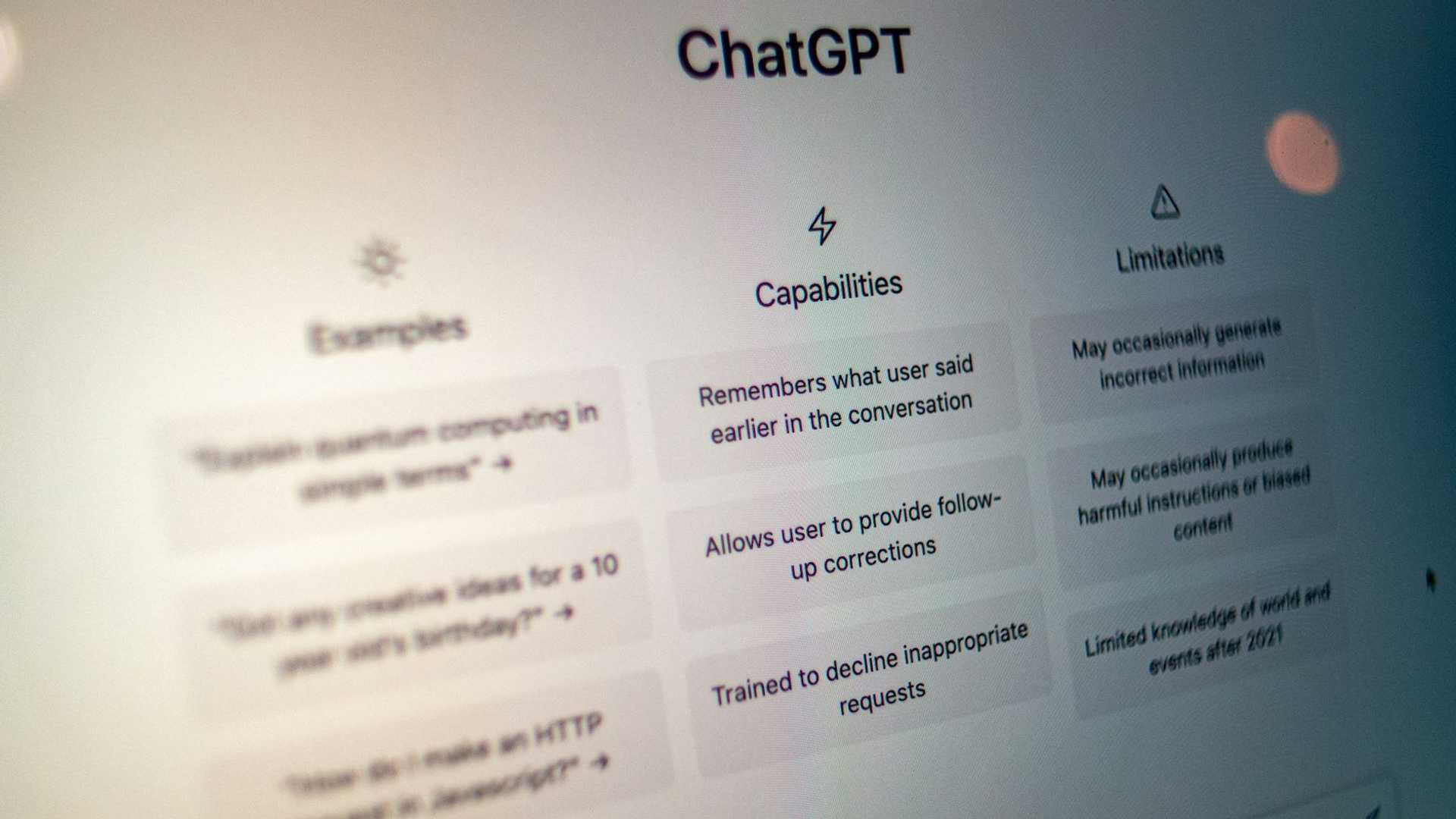Meta will train AI models using EU user data
Meta has confirmed plans to utilise content shared by its adult users in the EU (European Union) to train its AI models. The announcement follows the recent launch of Meta AI features in Europe and aims to enhance the capabilities and cultural relevance of its AI systems for the region’s diverse population.
Training AI with Public Content
In a statement, Meta wrote: “Today, we’re announcing our plans to train AI at Meta using public content – like public posts and comments – shared by adults on our products in the EU. People’s interactions with Meta AI – like questions and queries – will also be used to train and improve our models.”
Starting this week, users of Meta’s platforms (including Facebook, Instagram, WhatsApp, and Messenger) within the EU will receive notifications explaining the data usage. These notifications, delivered both in-app and via email, will detail the types of public data involved and link to an objection form.

“We have made this objection form easy to find, read, and use, and we’ll honor all objection forms we have already received, as well as newly submitted ones,” Meta explained.
Exclusions and Compliance
Meta explicitly clarified that certain data types remain off-limits for AI training purposes. The company says it will not “use people’s private messages with friends and family” to train its generative AI models. Furthermore, public data associated with accounts belonging to users under the age of 18 in the EU will not be included in the training datasets.
Challenges and Concerns
The practice of using vast amounts of public user data to train AI models raises significant concerns among privacy advocates. Issues such as data privacy, informed consent, algorithmic bias, and the ethical responsibilities of AI developers are subjects of debate across Europe and beyond.

Social media platforms reflect societal biases, and AI models trained on this data risk learning and perpetuating these biases. Companies need to address issues of bias and fairness in their AI models to avoid unintended consequences.
Furthermore, questions surrounding copyright and intellectual property persist as public content is used to train commercial AI models. The ownership and fair compensation for user-generated content used in AI training are areas of ongoing legal contention.

While Meta highlights its transparency relative to competitors, questions remain about how data selection and filtering impact model behaviour. Truly meaningful transparency would involve deeper insights into data influences on AI outputs and safeguards against misuse.
The approach taken by Meta in the EU underscores the importance of user-generated content in training AI models. As technology giants increasingly rely on such practices, the conversation around data privacy and ethical AI development will continue to evolve.




















